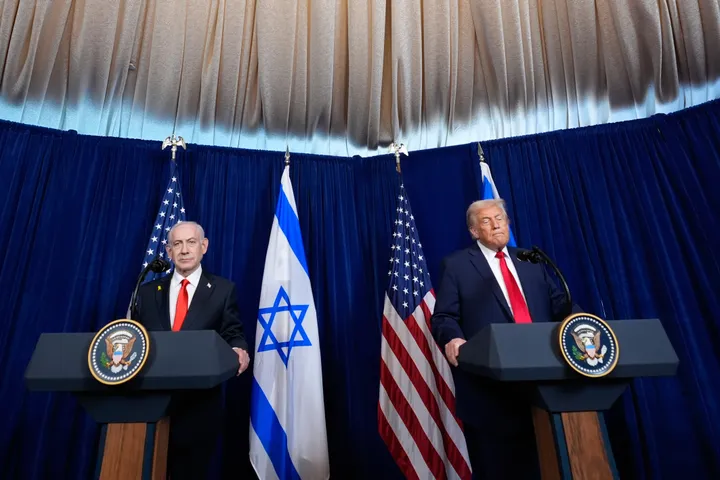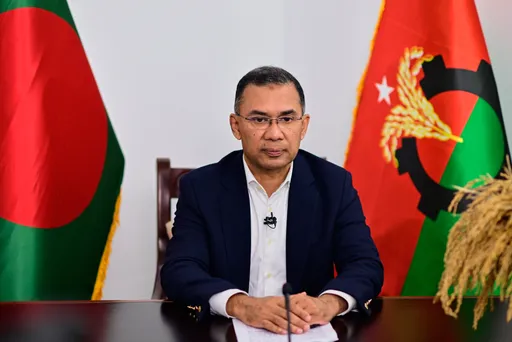Iraq’s top court has rejected an appeal filed by Iran-backed factions contesting the results of the country's parliamentary elections held in October.
The development on Monday marked another boost for an influential Shia cleric who had been confirmed as the winner of the vote.
The appeal was submitted by Hadi al-Ameri, head of a pro-Iran coalition that lost seats in the October 10 vote.
Final results announced by Iraq’s electoral commission had confirmed Shia cleric Muqtada al-Sadr secured 73 out of Parliament’s 329 seats.
The results also confirmed that the faction known as the Fatah Alliance, which represents the Shia paramilitary group known as the Popular Mobilisation Forces, secured 17 seats — down from 48 in the last elections.
The Federal Supreme Court had not ratified the election results, pending the appeal filed earlier this month by al-Ameri, who heads the Fatah Coalition.
Monday’s verdict read out by Judge Jassim Mohammed rejecting the lawsuit is final and cannot be appealed. The lawsuit had cited alleged technical and legal violations.
READ MORE:Iraqi PM orders probe into protest deaths amid election dispute
Protest in Baghdad
Earlier Monday, hundreds of protesters closed entrances to Baghdad’s heavily fortified Green Zone, in anticipation of the court’s decision. Military forces fanned out across the area and set up checkpoints in the city.
The Green Zone hosts most foreign diplomatic missions, including the US Embassy.
There were no immediate reports of violence or clashes.
Following the vote, supporters of Iran-aligned militias had pitched tents near the Green Zone in an ongoing sit-in, rejecting election results and threatening violence.
READ MORE: Iraq has elections, but not a democracy
The United States, the UN Security Council and others have praised the October 10 election, which was mostly violence-free and without major technical glitches.
But unsubstantiated claims of voter fraud have cast a shadow over the vote. The standoff with the militia supporters has also increasing tensions among rival Shia factions that could reflect on the street and threaten Iraq’s newfound relative stability.
The election was held months ahead of schedule in response to mass protests in late 2019, which saw tens of thousands in Baghdad and predominantly Shia southern provinces rally against endemic corruption, poor services and unemployment.























